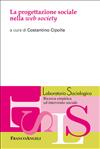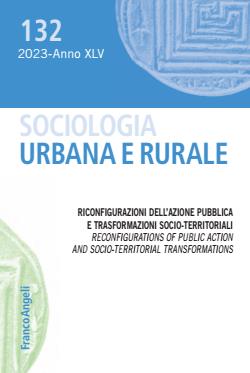
L’autore presenta in questo volume i più significativi cambiamenti che negli ultimi anni hanno riguardato la progettazione sociale e approfondisce le riflessioni contenute in un suo precedente libro, Progettare nel sociale (2003), un testo che ha avuto 2 edizioni e diverse ristampe ed è stato adottato da un numero molto rilevante di università italiane.
cod. 1534.3.10










